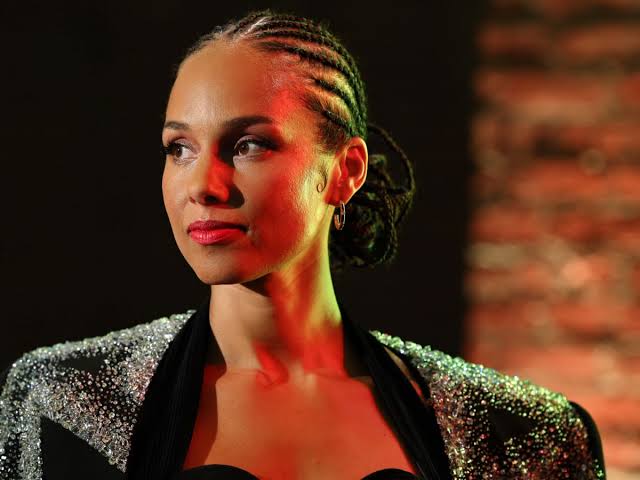Tinubu’s Ministerial List: A Game of Chess in Nigerian Politics
The Intricacies of Political Alignments and Power Play

In the wake of President Bola Tinubu’s inauguration, the political landscape of Nigeria has been abuzz with speculations and anticipations surrounding the formation of his ministerial cabinet. The president’s ministerial list has become a focal point of political discourse, with various factions within the All Progressives Congress (APC) jostling for representation.
Former Bauchi Senator Matori has asserted that northern cabals will not be able to influence Tinubu’s ministerial list, indicating a shift in the power dynamics within the party. This assertion has been echoed by other sources, suggesting that Tinubu is not going to be a pushover for these influential groups.
However, the ministerial list is not without its controversies. Allegations of graft and negative security reports threaten to knock out some heavyweights from the list. This has intensified the scramble for ministerial slots, with the Anambra APC reportedly making moves to shut out non-members.
The Federal Capital Territory (FCT) is also making a case for representation in the ministerial cabinet, with Abuja-based lawyers arguing that the FCT deserves a slot. Similarly, APC women are backing Edu against Ayade for a ministerial appointment, highlighting the gender dynamics at play in the selection process.
In Rivers State, the political scene is rife with speculations about former Governor Nyesom Wike’s impending cross-carpeting to the APC. Wike is said to be eyeing the ministerial slot for Rivers State, a move that has sparked debates within the party. His potential entry into the APC could significantly alter the political dynamics within the state, leading to a possible face-off with former Governor Chibuike Amaechi.
In the midst of these developments, President Tinubu is yet to move into Aso Rock, six weeks after his inauguration. This delay has raised questions and fueled speculations about the president’s next moves.
As the political chess game unfolds, the stakes are high, and the players are strategically positioning themselves for the best outcomes. The final ministerial list will undoubtedly have far-reaching implications on the political landscape of Nigeria, setting the tone for Tinubu’s administration.
Recent reports suggest that the list may include prominent politicians and loyalists of President Tinubu, such as Nyesom Wike, Rabiu Musa Kwankwaso, Professor Ishaq Olorode, Isa Aremu, and former Aviation minister Femi Fani-Kayode. However, these are still speculations, and the final list is yet to be officially released.
In conclusion, the formation of Tinubu’s ministerial cabinet is a reflection of the intricate power play and political alignments within the Nigerian political landscape. As the nation awaits the official announcement, the anticipation continues to build, underscoring the high stakes of this political chess game.



















